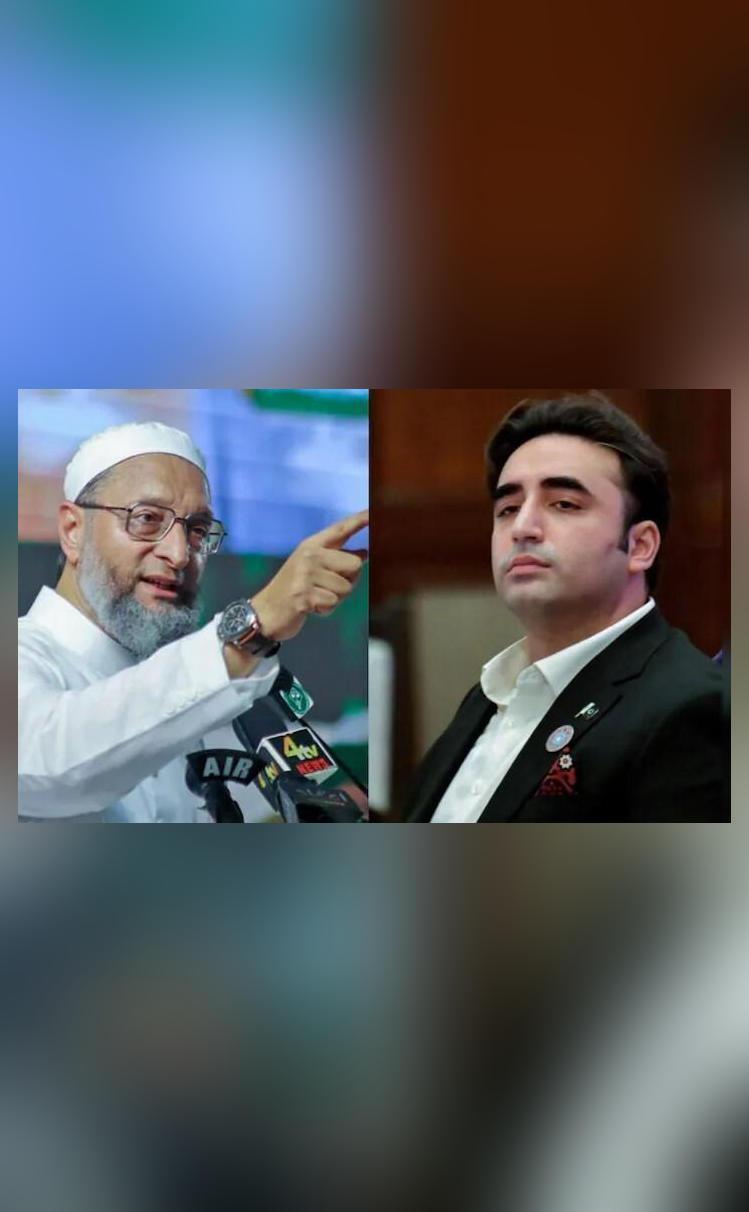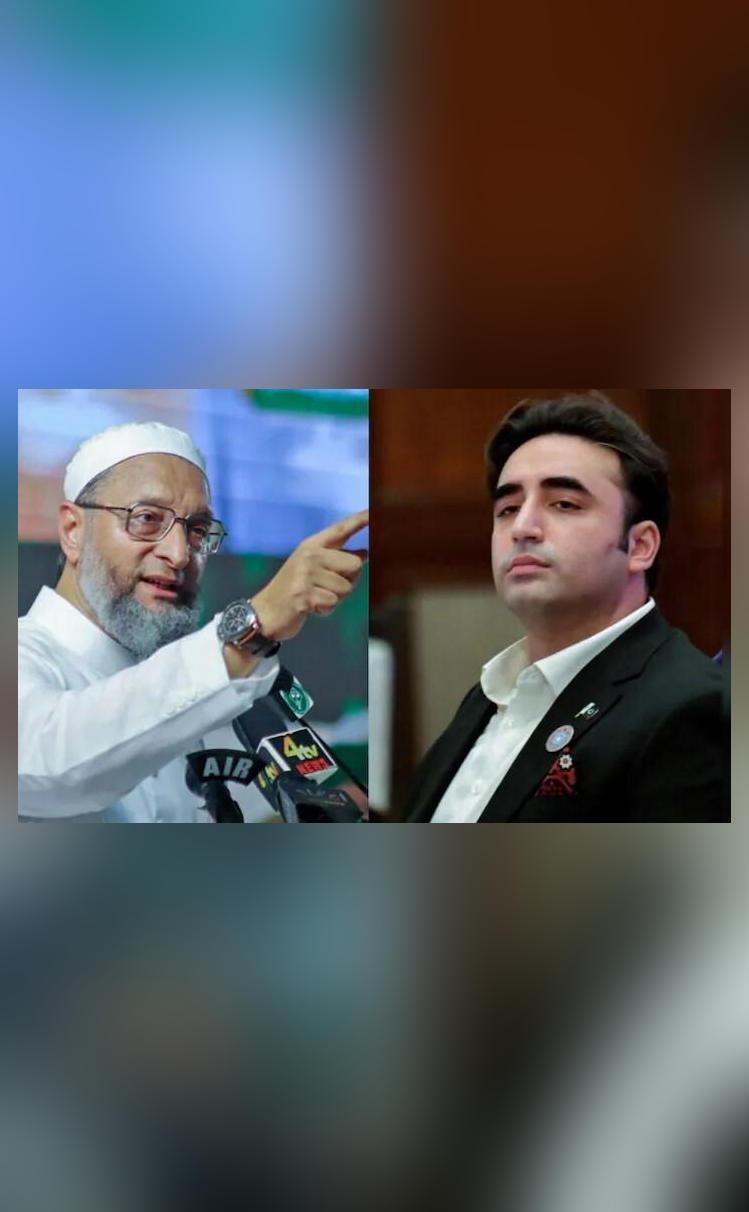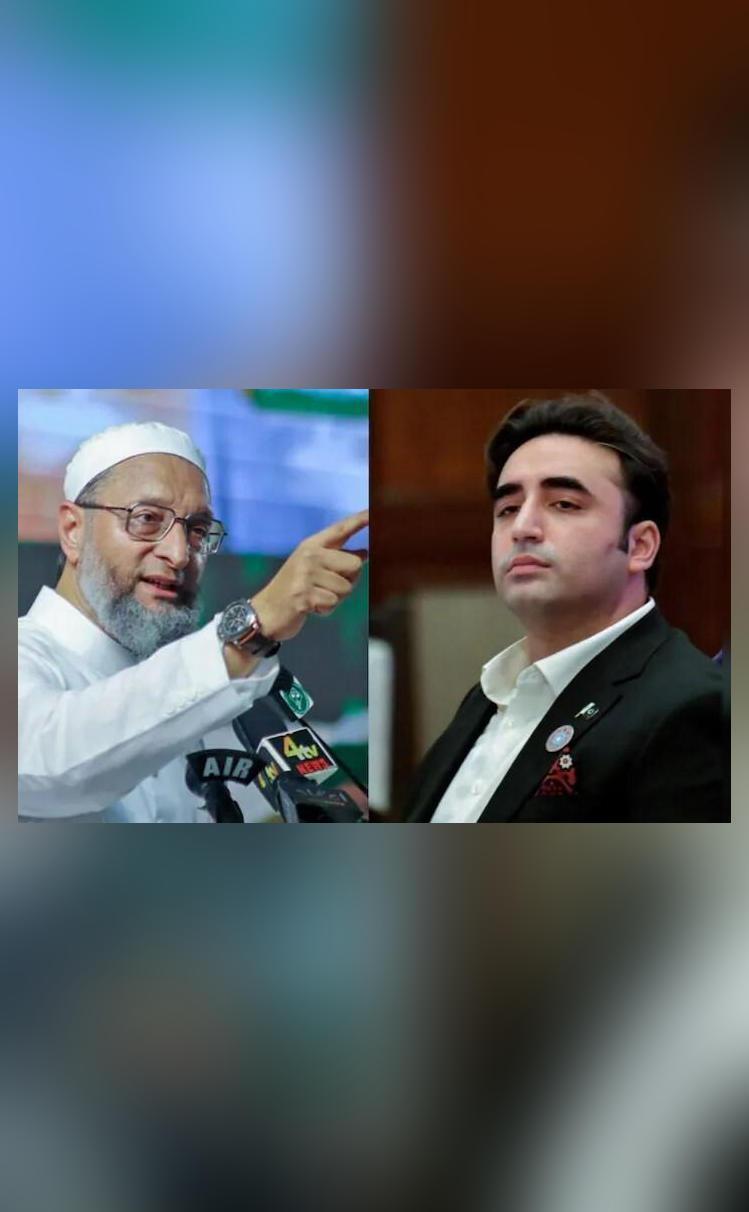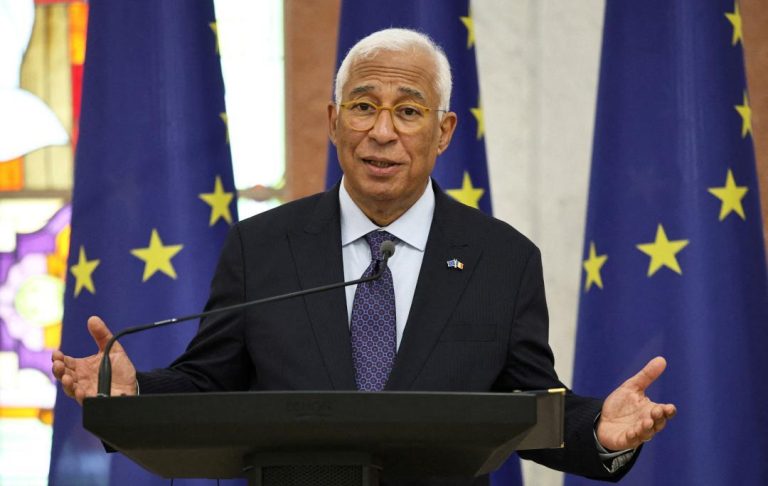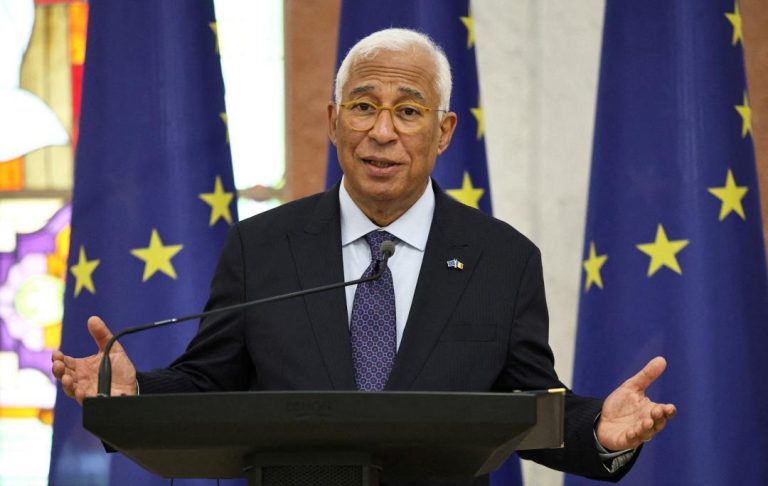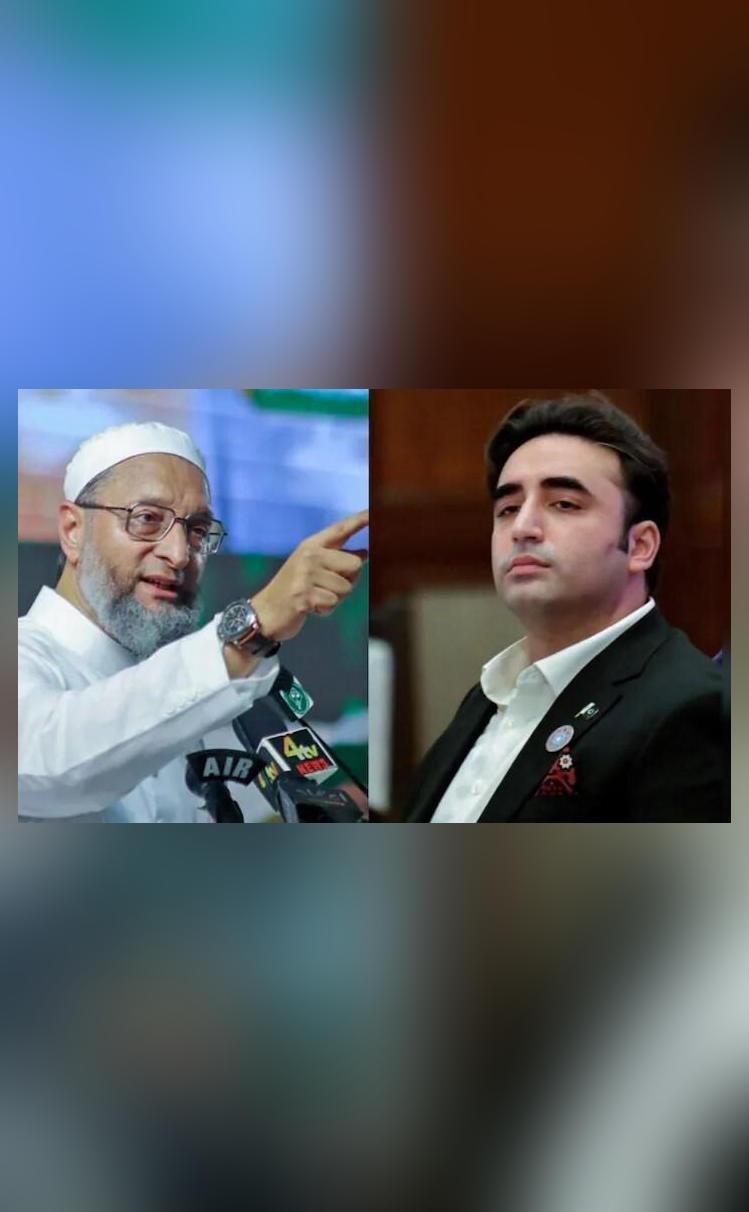
You Can’t Run Pakistan Without US Help & You’re Trying to Stare Us Down: Owaisi to Bhutto
In a scathing response to Pakistani politician Bilawal Bhutto’s recent remark, AIMIM chief Asaduddin Owaisi has made it clear that the United States is crucial to Pakistan’s survival. Bhutto had earlier said, “Indus is ours…either our water will flow…or their blood,” in response to the Pahalgam terror attack that killed 13 people, including two Indians.
Owaisi’s reaction to Bhutto’s statement was swift and unrelenting. He slammed Bhutto, saying, “Unless US gives you something, you cannot run the country and you’re trying to stare us down.” The AIMIM chief’s remarks have sent shockwaves across the political spectrum, with many interpreting his statement as a subtle reminder of Pakistan’s reliance on the United States for financial and military aid.
Bhutto’s original statement seemed to be a veiled threat to India, with many interpreting the “Indus water” reference as a reference to the Indus Water Treaty, which governs the sharing of water resources between India and Pakistan. The treaty has been a contentious issue in recent years, with Pakistan accusing India of violating the treaty and threatening to take action.
However, Owaisi’s response has put the focus back on Pakistan’s own dependence on the United States. The AIMIM chief’s statement is a stark reminder of the reality that Pakistan’s economy is heavily reliant on foreign aid, particularly from the United States. In recent years, the United States has provided significant financial and military aid to Pakistan, despite criticism from many quarters over Pakistan’s failure to take decisive action against terrorist organizations operating on its soil.
Owaisi’s remarks have also been seen as a subtle criticism of Bhutto’s handling of the situation. Bhutto’s statement seemed to be a bold declaration of Pakistan’s intentions to take action against India, but Owaisi’s response has put the focus back on Pakistan’s own vulnerabilities. The AIMIM chief’s statement has been interpreted as a reminder that Pakistan’s military is heavily reliant on US aid and that any significant escalation with India would be unsustainable without US support.
The Pahalgam attack that sparked the controversy has been widely condemned by all parties. The attack, which killed 13 people, including two Indians, was carried out by suspected terrorists and has been blamed on Pakistan-based groups. The Indian government has accused Pakistan of supporting terrorist organizations operating on its soil, a charge that Pakistan has repeatedly denied.
The controversy has also set off a war of words between the two countries. Pakistan’s foreign minister, Shah Mahmood Qureshi, has accused India of trying to divert attention from the Kashmir issue by blaming Pakistan for the Pahalgam attack. The Indian government has responded by saying that Pakistan’s denial of involvement in the attack is a clear indication of its complicity.
The controversy has also highlighted the complex web of relationships between India, Pakistan, and the United States. Pakistan’s reliance on US aid has been a long-standing issue, with many criticizing the United States for propping up a government that has failed to take decisive action against terrorist organizations.
Owaisi’s statement has been seen as a reflection of this complex web of relationships. The AIMIM chief’s remarks have put the focus back on Pakistan’s dependence on the United States and have reminded the Pakistani government of the limitations of its military power without US support.
In conclusion, Owaisi’s statement has sent a clear message to Bhutto and the Pakistani government: that Pakistan cannot run without US help and that any significant escalation with India would be unsustainable without US support. The controversy has highlighted the complex web of relationships between India, Pakistan, and the United States, and has put the focus back on Pakistan’s dependence on foreign aid.
